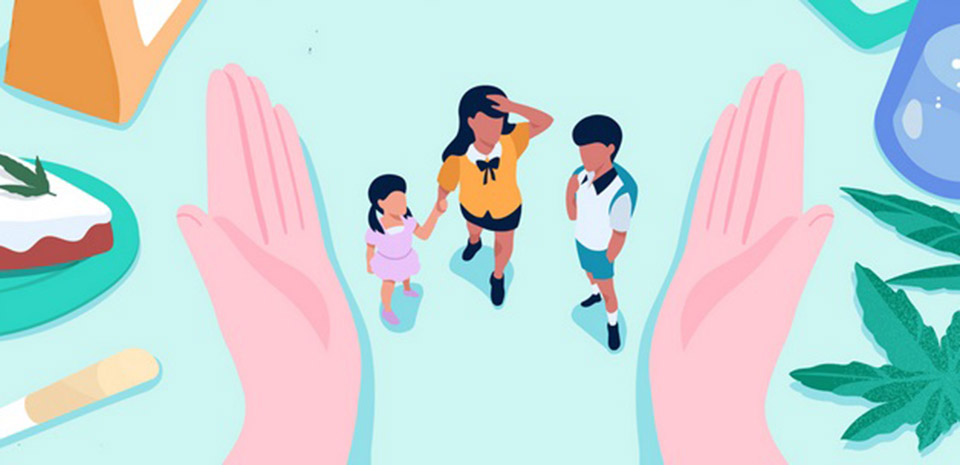
The Cabinet recently approved the drafting of a ministerial regulation aimed at protecting children at risk of drug abuse, with a particular focus on the usage of kratom, cannabis, and hemp.
Deputy Government Spokesperson Ratchada Thanadirek explained that the goal is to shield children from potential harm to their intellectual and physical development.
The new regulation is an amendment to the 2006 ministerial rule that defines children at risk of criminal behavior. Proposed by the Ministry of Social Development and Human Security, the updated regulation addresses the behaviors of children who recreationally use kratom, cannabis, hemp or products derived from these substances. These children will be classified as at-risk, thus enabling officers under the 2003 Child Protection Act to better safeguard their welfare.
Key provisions of this regulation provide officers with two main courses of action: Placing the at-risk child in a welfare or development and rehabilitation center, or entrusting the child to the care of a willing guardian, with or without assigning a child protector.
To prevent harmful behavior or potential criminal acts, certain conditions may be applied. These may include warnings not to enter places that could encourage inappropriate behavior or associate with individuals who could potentially lead them astray.
Once implemented, the Department of Children and Youth under the Social Development Ministry will issue a regulation from the National Child Protection Committee. This regulation will outline strategies for protecting the welfare of children who misuse substances like kratom, cannabis, hemp and their derivatives. (NNT)






